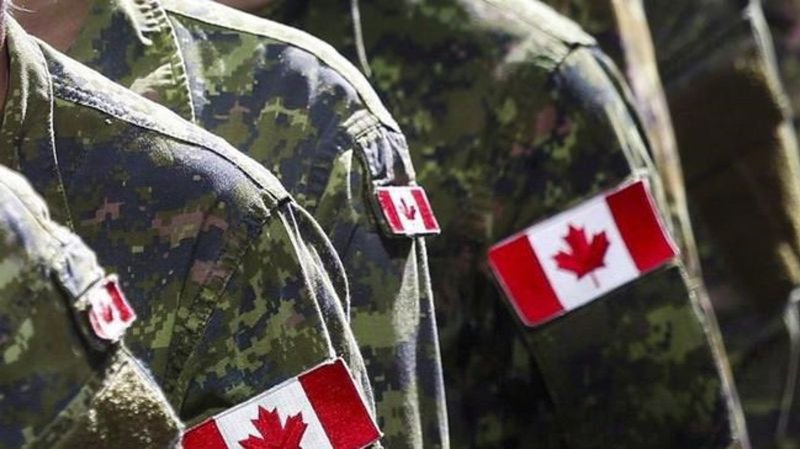
Military ombudsman reports 10 vaccine-related complaints, no plans to probe mandate
OTTAWA — Canada’s military ombudsman says his office has received fewer than a dozen complaints from service members about the Armed Forces’ vaccine requirement, and that he has not found any issues with how it is being enforced.
The Canadian Armed Forces since December has required that all troops receive two shots of a recognized COVID-19 vaccine or face disciplinary proceedings, including forced removal from the military.
While the vast majority of service members have bared their arms for shots, more than 1,100 have not. Several hundred of those have since hung up their uniforms, either voluntarily or involuntarily, with more on their way out.
Despite those numbers and the stakes involved, Canadian Armed Forces ombudsman Gregory Lick says only 10 of the more than 1,800 individual complaints received by his office over the past year related to the vaccine requirement.
